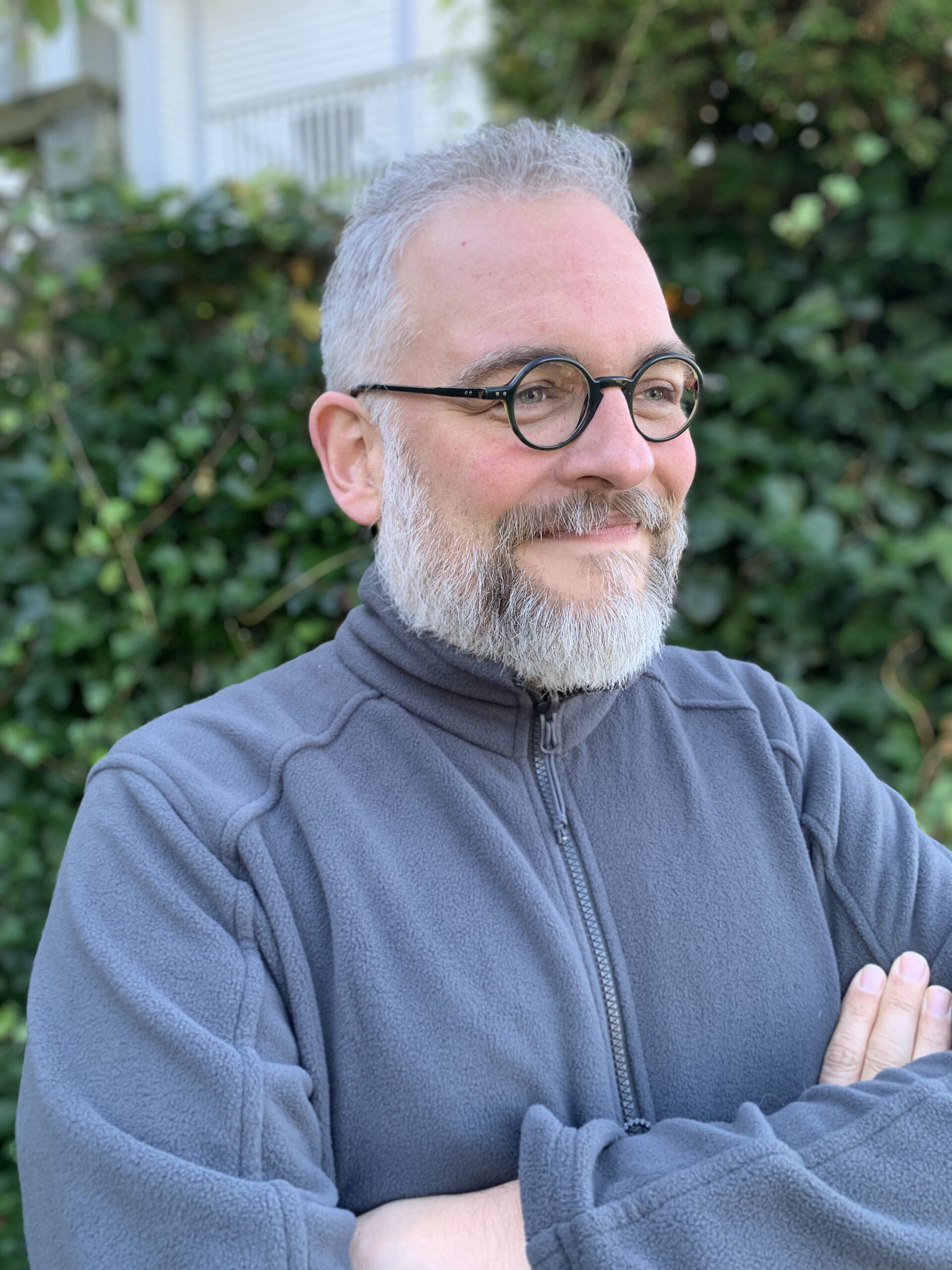The hardest part of my struggles with anxiety was learning how to live with it. My therapist used to regularly remind me that my surges of anxiety would only be temporary. That was a difficult lesson, because when I was caught in the grip of an anxiety attack, it was hard to imagine it ever passing.
I have been fortunate in that I haven’t suffered many panic attacks, when I’d feel the tightness in my chest that could have been mistaken for a heart attack, but the less-severe visits from the ‘anxiety fairy’ are bad enough. My heart races, my guts knot up, my breathing gets fast and shallow, and my mind races. My anxiety comes in waves, and the waves do pass, but I spent a lot of time trying to prevent those waves, rather than riding them out.
One strategy that I tried to use was anticipating my anxiety triggers. I thought that if I could imagine every possible scenario, I wouldn’t have to struggle with what to do if things started to get stressful: I’d already have a plan! I used to spend a lot of time trying to anticipate anything and everything that could go wrong, and how I would react to the situation.
The problem with this as a coping mechanism is that I was always trying to anticipate dangers and stresses. Instead of the shortness of breath and sweaty palms of working through a stressful situation that was actually happening, I would obsess over all the things that could happen. I prepared myself for conflicts that never happened, and got locked into anxious spirals even when there was no reason to get anxious.
When trying to anticipate the negative situations that were out of my control didn’t work, I tried to double down on controlling the things that were. It led to perfectionism. I started refusing help, because I thought no one could do things as well as me. I didn’t want to give up control, because situations that were outside my control could trigger such strong anxiety. But again, this approach simply left me worrying about the future instead of living in the present.
What I finally had to learn was to trust myself. Instead of thinking, ‘The sky is falling again,’ I started to think, ‘Oh right. This is anxiety,’ and letting it pass. I was able to remember that my past experiences and abilities had gotten me through similar situations in the past, and that I’d be okay now. I don’t always get it right. Sometimes I can still get caught in a spiral. But when I can trust myself, it’s far healthier.
There’s actually a lesson for the Church in that. Sometimes we need to anticipate the future. Sometimes we need to work to keep things under control. But one of the most important things we can learn is to trust that we’re going to be able to deal with challenges when they come. It’s also about learning to trust that God loves us and will continue to care for us.
Mental health struggles can seem overwhelming, but with help, they can be dealt with. One of the hardest parts is admitting that something isn’t right. If you or someone you know is experiencing a mental health crisis, you can get help by calling 811. More support and resources are available online at nl.bridgethegapp.ca.




